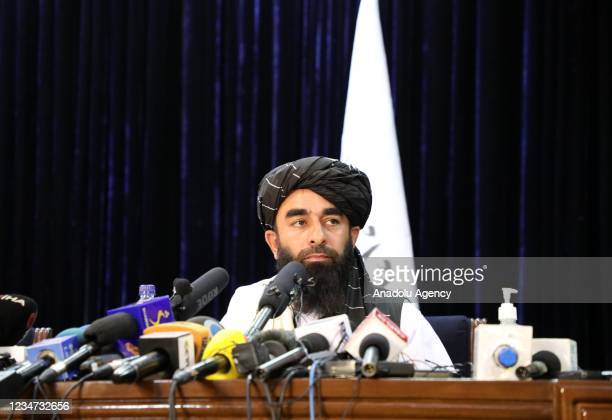Perizat RISBEK KIZI
The lack of international recognition is the main problem the Taliban is now trying to solve in the foreign arena. One of the steps in this direction was the announcement of the Taliban government spokesman Zabihullah Mujahid on the appointment of their own Ambassador to Russia. He expressed the hope that the Russian Federation would recognize the government and stressed that the recognition of their government abroad would contribute to the development of relations and trust with the United States.
After this statement, the special representative of the President of the Russian Federation for Afghanistan Zamir Kabulov in an interview with RIA Novosti said that the political recognition of the Taliban authorities would be “more of a symbolic act.” According to the special representative, gradually de facto recognition of the Taliban movement in the world is already taking place. At the same time, Kabulov stressed that the final decision on the recognition of the Taliban would be made by Russian President Vladimir Putin.
It is worth emphasizing that on December 23, during an annual press conference, Russian President Vladimir Putin said that Moscow will proceed from the reality on the ground in regards to the recognition of the Taliban government and strive for a consolidated stance of the international community on this issue.
The legal status of the Taliban government
As Ben Saul writes for the International Center for Counter-Terrorism, unlike in the Namibia case, the UNSC has not required non-recognition of the Taliban since it came to power, but to the contrary has envisaged a pathway to eventual recognition. Indeed the UN Secretary-General has called for “adherence to the international obligations of Afghanistan, including all international agreements to which it is a party”. Even as a de facto, unrecognised government, the Taliban is treated as a state organ for the purpose of the law of state responsibility. Thus, its government is responsible for any breaches of Afghanistan’s obligations and has a duty to cease violations and make reparation.
Official recognition of the Taliban
To date, no state has recognized the Taliban as the new government of Afghanistan since they took power in August 2021. Many states associate recognition with the formation of an inclusive and representative government, respect for human and women’s rights and a commitment to the fight against terrorism, however, on the other hand, they do not exclude interaction with them. Importantly, interacting with the Taliban does not necessarily require recognition. For example, various states deal with the Taliban on evacuations and humanitarian aid, or even maintain embassies such as China and Russia, while explicitly refusing to recognise it. Indeed, it is open to states to deal extensively with unrecognised entities depending on their foreign policy preferences.
The South Asian Voice writes that regional players, unlike the US and Western countries, are more likely to end up opting for Taliban recognition due to geographic factors. Because the recognition will facilitate cross-border trade and investment in new infrastructure; strengthen cooperation on border security and provide more opportunities to work with the Taliban to minimize the risks of unwanted side effects.

